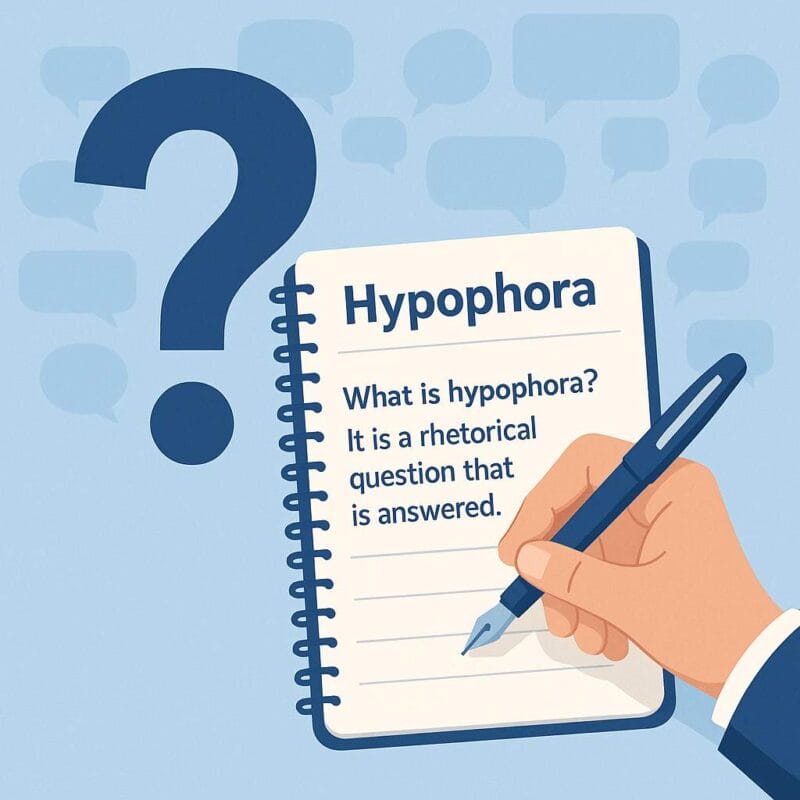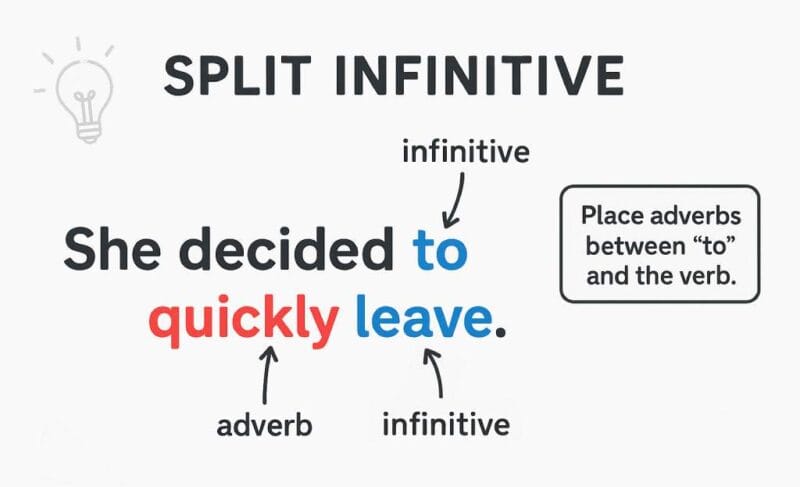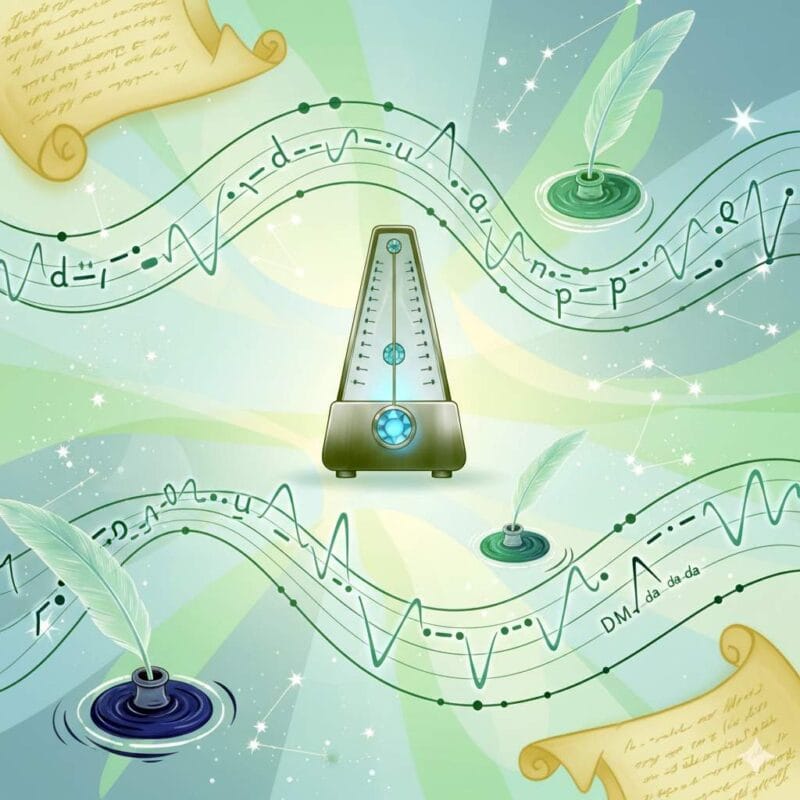The debate over i.e. versus e.g. surfaces often in writing. Both abbreviations have roots in Latin, and both clarify or expand what comes before them, yet their uses are distinct. Misusing them can distort expression, whether in literary criticism, academic writing, or even casual book reviews. Mastery of these two terms ensures precision in language, a quality every writer values.
Definitions and Core Difference
What Does I.e. Mean?
The abbreviation i.e. comes from the Latin phrase id est, meaning “that is.” It functions to rephrase or restate an idea in other words. Think of it as an equation marker: what follows is equivalent to what precedes.
Example:
- Virginia Woolf’s Mrs. Dalloway (1925) takes place within a single day, i.e., a narrative bound to the events of June 13, 1923.
Here i.e. does not introduce examples but clarifies the reference with a precise restatement.
What Does E.g. Mean?
E.g. stems from the Latin exempli gratia, meaning “for example.” Its function is to provide illustrative cases, never a definitive restatement.
Example:
- Postmodern fiction often employs fragmented narration, e.g., in the works of Thomas Pynchon, Don DeLillo, and David Foster Wallace.
The abbreviation signals that what follows are samples, not an exhaustive list.
Using I.e. or E.g.: Why Writers Confuse Them
Confusion arises because both abbreviations introduce additional information. Yet their functions diverge: one specifies, the other illustrates. A critic writing on James Joyce may slip into error if they present e.g. where i.e. is required. For instance, to explain that Ulysses (1922) is structured on Homer’s Odyssey, one must use i.e., not e.g., because the relationship is exact, not an example among many.
Guidelines and Style Conventions
Common Mistakes With I.e. and E.g.
- Using them interchangeably – Treating them as synonyms erases their distinctions.
- Overloading sentences – Both abbreviations work best when used sparingly, ideally inside parentheses or after commas.
- Forgetting punctuation – Each abbreviation is followed by a period after both letters, and typically a comma in American English. Example: i.e., and e.g.,.
- Failing to match intent – Writers must ask: am I clarifying, or am I offering examples? The answer determines which abbreviation fits.
Style Guides on I.e. vs. E.g.
- Chicago Manual of Style: The Chicago Manual of Style recommends using a comma after both i.e. and e.g. in American English. It also notes that writers should not rely too heavily on these abbreviations when smoother prose can be written with “that is” or “for example.”
- MLA and APA: Both MLA and APA style guides accept the use of i.e. and e.g., though formal academic writing often encourages spelling them out to avoid confusion for international audiences.
- British vs. American Usage: British English sometimes omits the comma following i.e. and e.g., while American usage almost always includes it. For example:
- British: “Several genres are relevant (e.g. satire, allegory).”
- American: “Several genres are relevant (e.g., satire, allegory).”
Applications in Literature and Reading
Usage in Literature, Books, and Reading
- Academic and critical writing: In literary criticism, the distinction between i.e. or e.g. is more than a grammatical quibble. Misplacing them can misrepresent an author’s argument. For example, if a critic claims, “Romantic poetry is informed by classical sources, e.g., Homer,” the statement suggests Homer is one of several possible examples. If the intent is to declare Homer as the defining influence, i.e. should be used instead.
- Reading guides and essays: Book introductions, annotations, and reading guides frequently use both abbreviations. A reading guide might note: “This novel is a Bildungsroman, i.e., a work that traces the psychological and moral development of its protagonist.” Here the abbreviation clarifies the term. Conversely, an annotation could say: “The novel echoes several philosophical traditions, e.g., Stoicism and Existentialism.” In this case, the phrase illustrates the claim with a few examples.
- Everyday reading: Even outside scholarship, attentive readers encounter these abbreviations. Essays by George Orwell or literary journalism by Joan Didion often employ parenthetical clarifications where i.e. and e.g. sharpen meaning. Their use signals care in diction, a subtle way of showing intellectual rigor.
I.e. vs. E.g. in Literary Practice
Writers from antiquity to modernism employed phrases equivalent to id est and exempli gratia long before English borrowed the abbreviations. Latin-trained scholars such as Samuel Johnson often used them in essays, reviews, and dictionaries. In today’s literary commentary, the abbreviations remain practical tools. They enable economy of expression when analyzing novels, poems, or plays without resorting to lengthy detours.
For instance, a critic discussing Toni Morrison’s Beloved (1987) might write: “The novel revisits traumatic memory through symbolic objects, e.g., the chokecherry tree scar and the character Beloved herself.” Meanwhile, a study of allegory might say: “John Bunyan’s The Pilgrim’s Progress (1678) is an allegory, i.e., a work where characters and events represent spiritual concepts.” Each abbreviation works differently, but both strengthen precision.
Why Precision Matters
Language in literature thrives on nuance, and so does commentary about it. Precision in i.e. versus e.g. safeguards interpretation. Misapplication can mislead, whether in an essay on modernist fiction or a classroom handout. Mastery of these small Latin phrases reflects a writer’s larger discipline: clarity, rigor, and fidelity to expression.
Further Reading
The Difference Between ‘i.e.’ and ‘e.g.’ on Merriam-Webster
IE or EG? on Reddit
Are abbreviations of “i.e.” and “e.g.” pretentious practice? Why? on Quora
Should I always use a comma after “e.g.” or “i.e.”? on StackExchange




